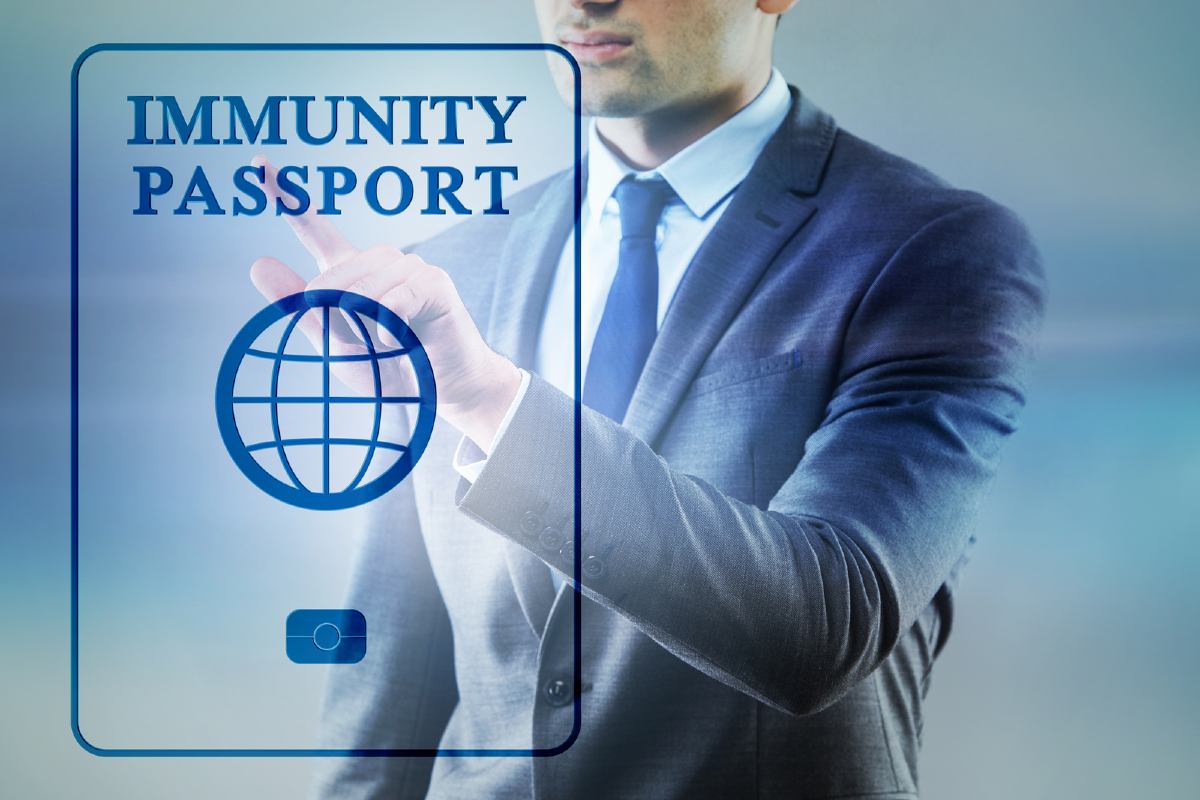
Immunity passports: a privacy nightmare or the key to ending lockdowns?
The WHO opposes the idea
The ethics of immunity passports is certain to become a focus for national debates as coronavirus lockdowns ease up.
Estonia has started to test one of the world’s first digital immunity passports, according to a report in Reuters. It enables people to share their immunity status with an employer, using a temporary QR-code generated after digital authentication. “Digital immunity passport aims to diminish fears and stimulate societies all over the globe to move on with their lives amidst the pandemic,” said Taavet Hinrikus, of Back to Work, a non-government group which is developing the passport.
China is also implementing a health tracking system which could easily incorporate immunity status. Chile has announced that it will provide certificates to recovered patients. The idea is seriously being considered in the UK, Germany and Italy.
However, most ethicists have serious reservations about feasibility and privacy. The World Health Organization has discouraged the idea, arguing that there is no evidence that people who have recovered are protected from a second coronavirus infection.
The leading journal Nature appears to back WHO. It has published an opinion piece, “Ten reasons why immunity passports are a bad idea,” by Natalie Kofler, of Harvard Medical School, and Françoise Baylis, a Canadian bioethicist. They list six ethical reasons and four practical reasons.
In our view, any documentation that limits individual freedoms on the basis of biology risks becoming a platform for restricting human rights, increasing discrimination and threatening — rather than protecting — public health.
Besides, they say, it simply won’t work. It is uncertain whether people who recover are immune, the tests are often inaccurate, and too many are needed.
On the other side of the debate is a team from Oxford University, including utilitarian Julian Savulescu. They argue in the blog of the Journal of Medical Ethics that the practical issues can be overcome and that passports are needed to end the lockdowns. In fact, they say:
The emphasis of the discussion around immunity passports so far has been on whether their introduction is a good idea, and their use justified. This could be the wrong way to look at the question. Instead, perhaps we should ask whether we can justify not using them.
Michael Cook is editor of BioEdge
Creative commons
https://www.bioedge.org/images/2008images/immunity-passport_56.jpg
coronavirus
immunity passports
